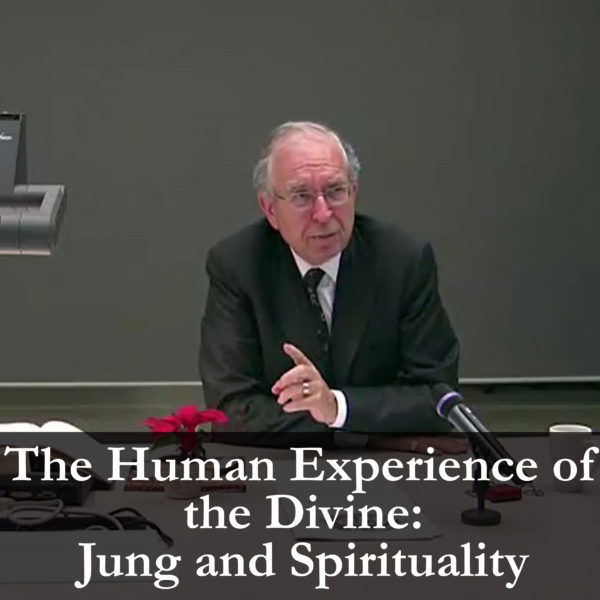As shown with great clarity in his autobiography, Memories, Dreams, Reflections, C. G. Jung had a lifelong interest in the spiritual life, as expressed not only in established religious traditions but also in a wide variety of other forms, including the great Western heresies, Gnosticism and alchemy. During his active life as a psychologist, he wrote extensively about many of the world religions, and especially in later years about his own background religious tradition, Christianity. What is most interesting about his work, however, is not his fascinating interpretations of the religious ideas and practices of others, but his discovery and detailed description of a native psychological tendency in everyone toward finding a spiritual basis for life, the so-called “religious instinct.”. His practice of psychoanalysis was bent toward achieving a spiritually sound attitude for the individual, especially in the second half of life when issues of meaning, generativity and personal wholeness become critically important. “The winner is the one who dies with the most toys” is a slogan for the young of mind and body; “To die with meaning, gratitude and a sense of psychic wholeness” is for those whose souls cry out for more than material comfort and success. For Jung, the goal of psychotherapy is not only adjustment and adaptation to the demands of social life and cultural values; it is a profound spiritual development that encompasses the whole person and demands intensive introspective efforts and concrete expressions in life.
In this seminar, Dr. Stein will discuss Jung’s own spiritual journey from psychiatrist and laboratory researcher through his midlife exploration of the “spirit of the depths” to his late writings on culture, religion, alchemy and spiritual development. We will further explore how spirituality arises concretely in analytical work with dreams and the use of active imagination.
Approaching spirituality from a psychological perspective does not contradict traditional religious practices and beliefs. It offers a richer appropriation of religious images and doctrines on a personal level, and for many it provides a way back to religious thought and belief that have lost their meaning in modernity.




